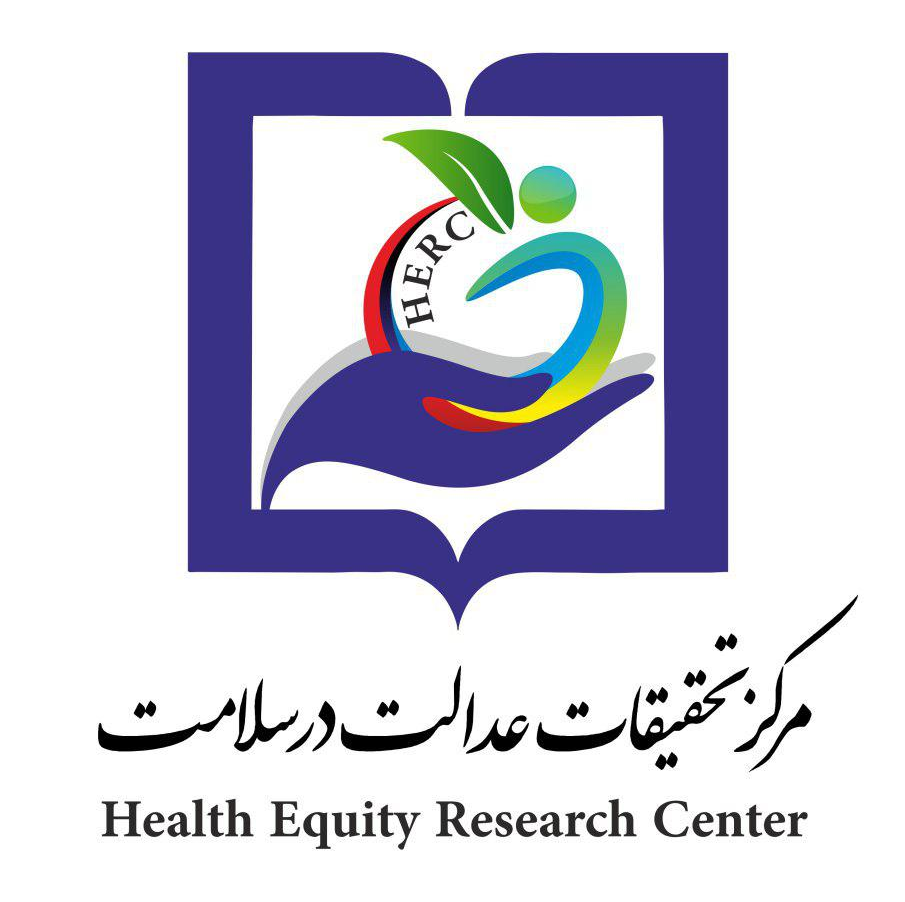Abstract
Background and Purpose: In recent decades, research has shown that social determinants of health (SDH) affect population health more than medical care. Therefore, identifying the SDH has become a top priority.
Materials and Methods: It is an explanatory-sequential mixed-method study. We used the meta-synthesis method in the first step to identify and prioritize social determinants of population health in Iran. Then, the identified factors were shown in a semantic map. Afterward, we used fuzzy Delphi to screen and determine each factor’s importance in Iran.
Results: A total of 172 factors were identified and classified into 4 levels: individual, local, national, and global. After screening items, parental competence, hope, addiction, types of pollution, inflation, and unemployment rate (the crisp value of defuzzification 9-10) are generally the most important determinants of population health at the individual and national levels in Iran.
Conclusion: The resulting semantic map of SDH demonstrates the substantial effect of non-health policies on the health of Iran’s population. This finding proposes health as a complex and comprehensive system needing an interdisciplinary approach to address its multiple determinants. Specifically, the comparative analysis of this research shows that among the determinants of health in Iran, parental competence, individual behaviors such as addiction, and spiritual and mental health, including depression, suicide, and stress, are the most important SDH in Iran.



No responses yet